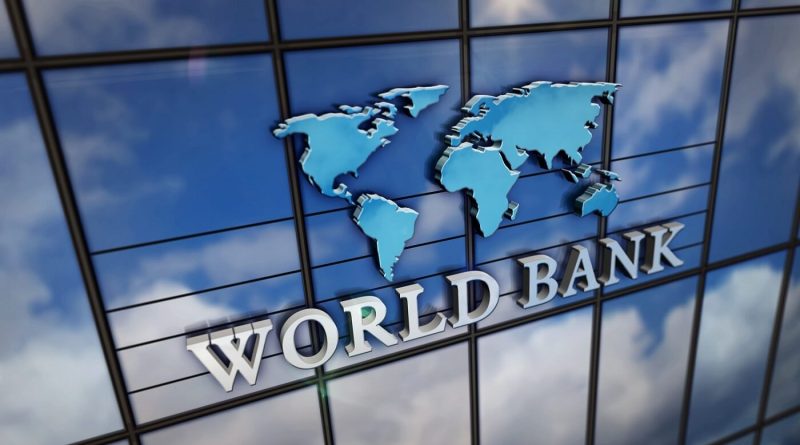Bangladesh spends around 16 percent of its GDP on logistics—well above the global average of 10 percent—eroding trade competitiveness and deterring investment, according to the World Bank.
Speaking at a roundtable on “Challenges, Opportunities and the Way Forward in the Logistics Landscape,” World Bank senior transport specialist Nusrat Nahid Babi said inefficiencies in transport systems account for 35–54 percent of logistics costs. “Infrastructure remains so vulnerable that even light rain can disrupt highways and terminals,” she noted, urging faster reforms and better coordination among agencies.
Babi said more than 62 regulatory bottlenecks exist in the sector, many of which could be resolved without major investment. She called for timely project implementation, multimodal connectivity, digitalisation, skills development, and the creation of a national logistics council to drive coordinated action.
Shipping Secretary Mohammed Yousuf announced that the government would finalise a national logistics policy within a month to improve transport and port systems. The draft identifies 62 coordination challenges and includes an action plan involving ministries, regulators and the private sector.
He acknowledged capacity constraints at Chattogram port, which handles over 90 percent of container traffic, and said expansion projects are moving slowly. The long-delayed Bay Terminal project has gained momentum, with the World Bank financing the breakwater and tenders expected within two months. Global operators including PSA Singapore, DP World and Saudi Arabia’s Red Sea Gateway Terminal are shortlisted under a PPP model.
Yousuf also cited progress in port digitalisation, including e-document submission and e-auctions, while highlighting locomotive shortages on the Dhaka–Chattogram rail route. He suggested private operators could be allowed to run freight services.
Business leaders at the event warned that persistent inefficiencies threaten Bangladesh’s $100 billion export target. BKMEA president Mohammad Hatem pointed to delays, mismanagement, rising demurrage and informal payments, while criticising recent service charge hikes at Chattogram port. He urged the government to bring in foreign expertise, complete stalled projects such as the Pangaon terminal, and reform customs, banking and utilities.
Azam J Chowdhury, president of the Bangladesh Ocean Going Ship Owners’ Association, said the private sector operates the entire maritime industry but remains overlooked by policymakers. He called for a taskforce to address legal and regulatory hurdles, warning that Bangladesh risks falling short of the International Maritime Organization’s green fuel mandate by 2028.
Policy Exchange Bangladesh chairman M Masrur Reaz stressed the need for rapid execution of more than 60 action points under the draft logistics policy, including a multimodal logistics master plan and PPP-led port and rail projects. “Logistics is no longer just infrastructure—it is an economic imperative,” he said.
The event, organised by The Financial Express in Dhaka, was also addressed by Syed Ershad Ahmed, president of AmCham Bangladesh, senior officials from the Bangladesh Container Shipping Association, Bangladesh Bank director Mohammad Sazzad Hossain, and FE editor Shamsul Huq Zahid.






